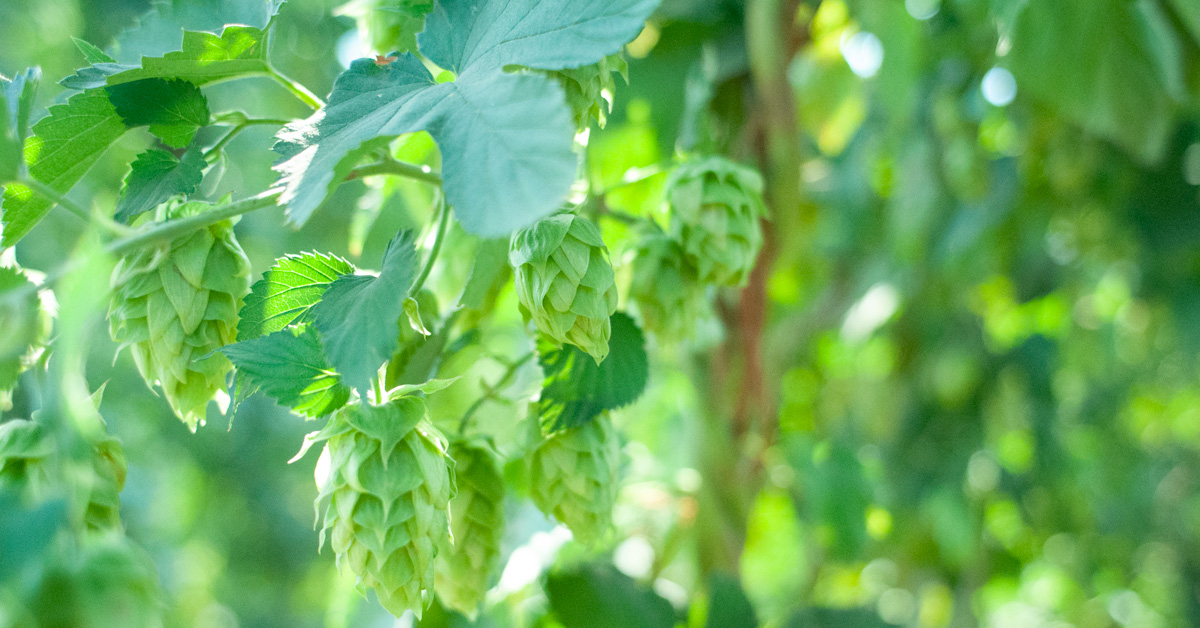
Hops, perhaps the key flavor component of most brews, grow throughout the U.S. Dozens of small craft growers supply small breweries with local, high-quality hops.
Craft breweries support buying local because they want flexibility and uniqueness in what they put in their beers.
Basso buys from Crooked Creek Hops Farm in Addison, N.Y. Crooked Creek owner Chris Holden believes that some of the biggest advantages of being a craft farmer are loyalty and relationships.
It consolidates hops from smaller New York growers and distributes to craft breweries.
Chris DellaBianca of Billy Goat Hop Farm in Montrose, Colo., also values his craft connections.
“I was working for a brewery before I got into hop farming and it’s still nice to be involved.” He currently distributes directly to about 75 breweries in the southwest U.S., as Colorado lacks the same grower support network as New York.
At 32 acres, Billy Goat is the largest hop farm in the Southwest.
I know exactly which beers my hops are going into.”
Bridging the gap between very small craft farms and larger growers, Gooding Farms in Parma, Idaho, has a family farming history going back to 1895.
“We really enjoy the spirit of craft brewing and being part of that community,” says Diane Gooding.
From financing, staffing, economies of scale, and limited recovery ability from pests and weather, craft hop growers are always on their toes.
We’re trying to preach to brewers that we have to have a certain scale to make the economics work,” says Crooked Creek’s Holden.
Using various craft growers to source different varieties creates extra work for the brewery.
But despite the added work or cost, many breweries choose craft hops.
They want to make those one-offs or seasonal beers special.” Billy Goat’s customers buy for similar reasons.
According to Michael Thomas, brewer at Colorado Boy Pizzeria & Brewery in Montrose, Colo., “Even though Billy Goat grows some common varieties like Nugget, Crystal, and Cascade, they have much better aroma and flavor profiles than what I can get from the national market.”
In the end, being a craft hop grower is much like being a craft brewer.
Perhaps Billy Goat’s website best sums up what craft hop growers do.